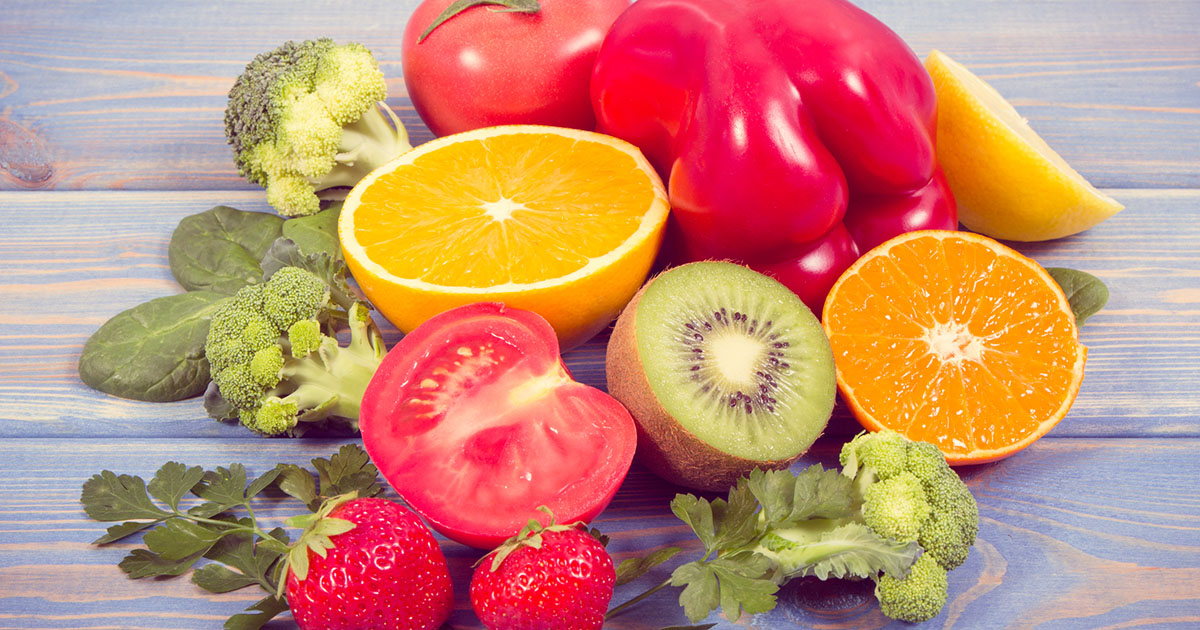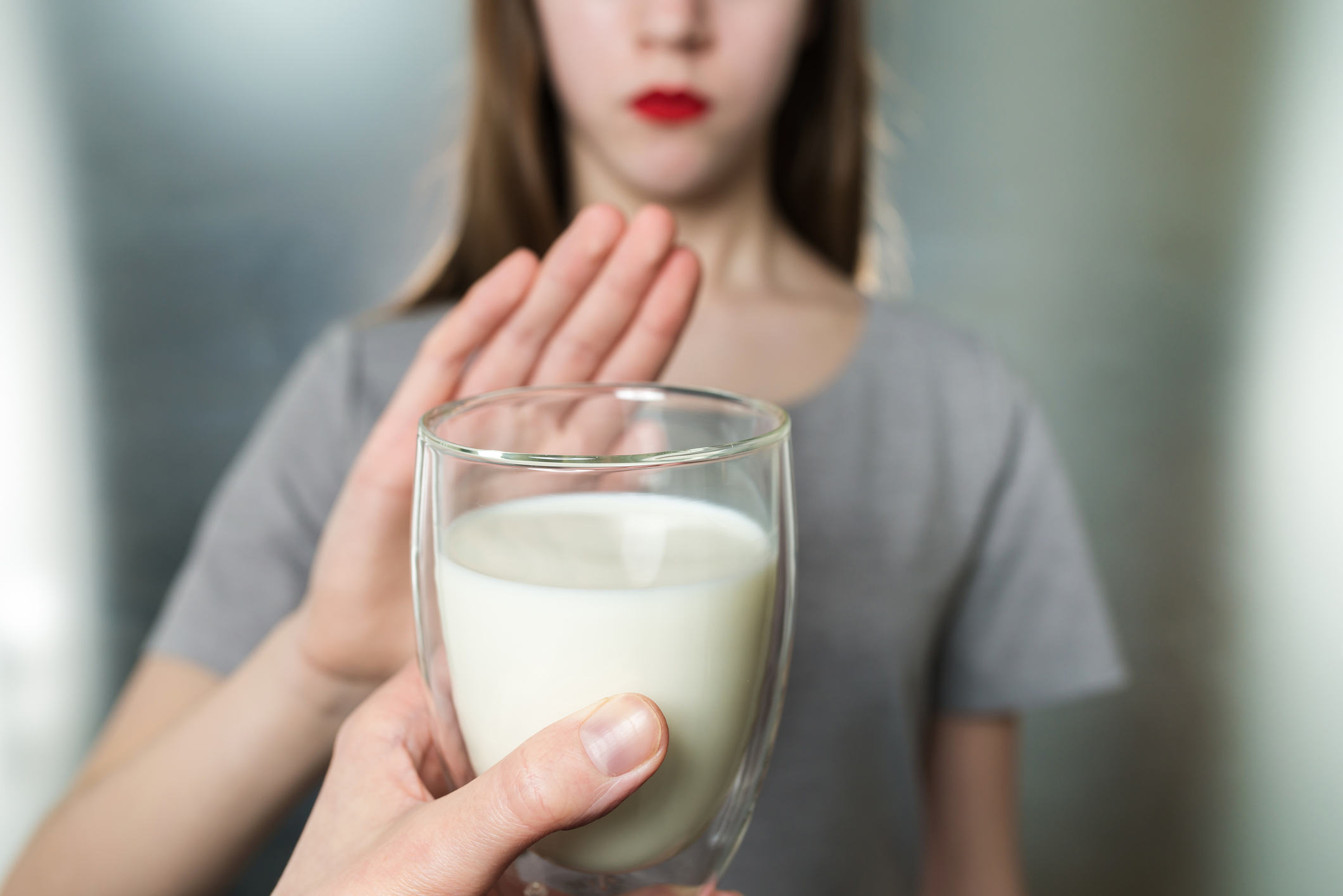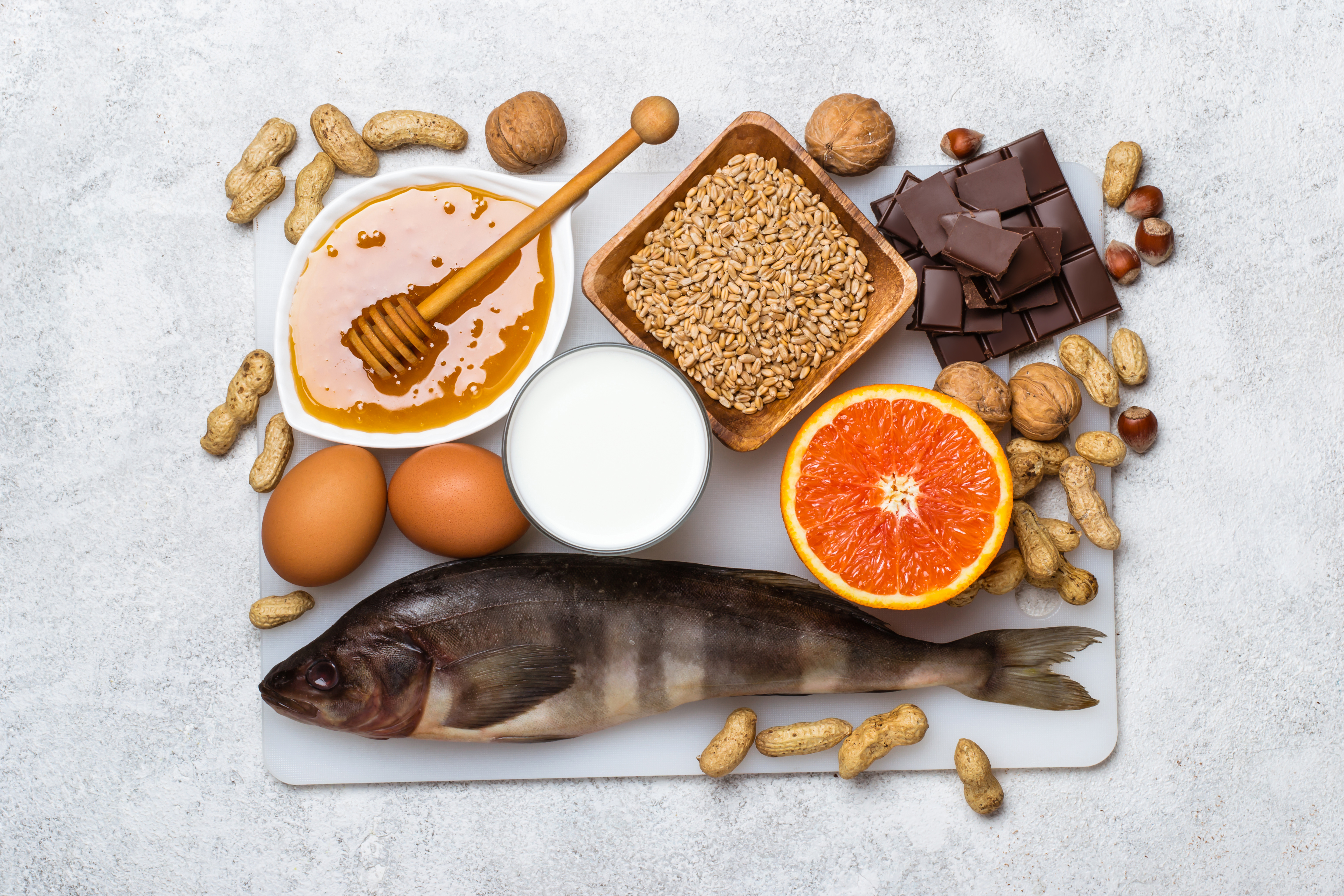When To Avoid The Ketogenic Diet
The ketogenic diet is a high-fat, low carbohydrate diet that has been credited with helping people lose weight. On the ketogenic diet, a person's carbohydrate intake is dropped to just two to four percent of their total caloric intake. The remainder of calories should come from natural fats such as meats, fish, butter, and cold pressed oils. Research shows a high success rate of weight loss when following the ketogenic diet. Despite its tempting weight loss promises, there are certain situations in which the ketogenic diet may do more harm than good. Keep reading to learn about these risks now.
If You Have Crohn's Disease

Crohn's disease is characterized by inflammation of the gut. Research shows that a bug known as MAP that is found in animal products such as milk and meat may be the cause of Crohn's disease. Along with being high in meat, the ketogenic diet also limits fibrous carbohydrates that help promote gut health. The ketogenic diet only allows for non-starchy carbohydrates such as spinach and kale to be eaten. Limiting grains and other starches that are high in fiber may worsen the conditions of Crohn's disease by decreasing bowel movements that are needed to eliminate wastes and decrease inflammation. Starchy vegetables are still high in many plant chemicals that have protective effects in the body and eliminating these can impact immunity, which may also worsen symptoms of Crohn's disease.
If You Suffer From Cardiovascular Disease

Research shows there is an association between eating a diet high in animal products and heart disease. Many animal products are high in saturated fats that are high in cholesterol, which can clog arteries and impact blood flow to the heart. Blood delivers important nutrients and oxygen needed to maintain proper cardiovascular system health. The ketogenic diet is both high in saturated animal fats and low in protective antioxidants from plant sources, as antioxidants protect organs such as the heart, further increasing an individual's risk of developing this disease.
If You Have Diabetes

Fiber is needed to slow down the digestive process, which has an impact on blood glucose spikes. Fiber is only found in plant sources of food and is limited while on the ketogenic diet. Fiber controls blood sugar levels by limiting the amount of glucose that is dumped into the bloodstream. Because of this, fiber reduces blood sugar spikes and can help control diabetes. Eating a diet that is high in vegetables is the best way to incorporate fiber into one's diet. This would be hard to accomplish on a diet that limits its overall carbohydrate intake to just two to four percent.
If You Have Chronic Fatigue Syndrome

A high-fat diet is hard to metabolize. Meat is harder to break down in the digestive system than plants are. Eating a diet that is high in meats and natural fat may be taxing on the digestive system, which can result in an increased risk of chronic fatigue. Eating high-fat meals all the time can make a person tired because they are overloading their digestive system with hard to digest food, and they are not eating enough plant-based sources. Plants such as fruits and vegetables provide natural energy. They also work as natural detoxification agents to eliminate toxins from the body, which is another energy source for the body.
If You Suffer From Skin Problems

Research indicates a link between eating meat and acne. The ketogenic diet is high in meat and low in vegetables, which have healing powers for the skin. Vitamins A, C, and E can help prevent the appearance of skin wrinkles. They can also protect the skin against the sun's damaging UV rays. Vitamin C is necessary for collagen production, which helps restore new, healthy skin. These vitamins are only found in plant sources such as fruits and vegetables. A person with a diet that is high in meats and low in fruits and vegetables may experience more skin problems than a person who follows a plant-based diet.
If You Are Anorexic Or Underweight

The ketogenic diet restricts carbohydrates so if fat is limited, starvation can occur rapidly in those with anorexia. With careful professional supervision, the ketogenic diet can produce healing benefits for this individual. Repetitive ketogenic eating habits can restore brain function due to the high-fat content of the diet. A ketogenic eating regiment promotes the body's ability to use stored fat for energy production. The strength of the body to complete this process is compromised when food that is carbohydrate-rich has been consumed. In an individual with low levels of body fat, there is little to no stored fat to process into much-needed energy. Low-fat levels can cause brain fog, fatigue, and even dizziness. Consulting with a medical professional and nutritionist before changing your diet is a crucial step in creating healthy eating habits that adhere to the ketogenic diet.
If You Have High Blood Pressure Or Are Taking Blood Pressure Medications

Although there is considerable evidence available proving that the ketogenic diet lowers blood pressure, the first few weeks of the diet can pose dangers for anyone with high blood pressure. The body will react to the diet by reducing its blood pressure, but it may lower it too quickly, deeming medication useless. Dizziness and weakness are common in those with high blood pressure who start the ketogenic diet. Blood pressure medications and this diet method can react adversely to one another due to a sudden drop in blood pressure in the first few weeks. Considering the ketogenic diet can be harmful to those with high blood pressure, consulting a medical professional is a critical step in avoiding or minimizing any damage. Constant monitoring of blood pressure is a vital step in ensuring a healthy ketogenic diet.
If You Are Pregnant Or Breastfeeding

A ketogenic diet may be helpful in getting pregnant, but once a patient becomes pregnant or is breastfeeding, it is recommended to stop all ketogenic eating practices. There are several precautions for those who wish to continue their ketogenic diet into pregnancy. Eating whole foods such as fruits, nuts, and vegetables will be of great benefit to the child, but an expectant mother should not aim for any weight loss during pregnancy, as adequate calories and proper nutrition should be of paramount concern. Avoiding refined grains, processed foods, and unnatural sugar is also considered good advice as well as intermittent fasting. Maintaining a healthy diet and exercise routine while pregnant is the key to continuing healthy ketogenic diet practices. Breastfeeding women should also incorporate a small serving of carbohydrates in their daily diet as they tend to lose a substantial amount of energy through their breastmilk.
If You Have Mineral Or Vitamin Deficiencies

A potassium deficiency can cause constipation, muscle cramps, skin problems, and weakness. The lack of this mineral can also cause poor performance while exercising and degeneration of lean muscle mass. In more severe incidents of potassium deficiency, individuals experience a host of heart problems. Incorporating spinach, avocado, kale, or mushrooms into a ketogenic diet is a great way to get natural potassium. Low magnesium and sodium levels in the body will also have adverse effects on a ketogenic diet. A low level of magnesium in the body can lead to leg cramps, and there are many supplements available to replenish this mineral. During the initial phase of the diet, sodium levels become lower than usual, so an easy way to avoid a lack of sodium is to drink pink Himalayan salt tea.
Other Special Medical Conditions

Individuals who suffer from gallbladder disease will find that fat becomes more difficult to digest. This organ is an integral part of the digestive and metabolic process, and the condition will negatively impede fat digestion and the progress of a ketogenic diet. Pancreatic insufficiency is also a common impediment to proper fat metabolism and will have the same effect. Gastric bypass surgery is becoming increasingly common in obese individuals, and this operation can cause difficulty in absorbing and digesting the high amount of fats in the ketogenic diet. Kidney stones will cause sodium and fluid balance to become abnormal and can also interfere with the diet. Also, rare metabolic disorders that interfere with fat metabolism will impede the effectiveness of this diet method.
If You're Lactose-Intolerant

If you struggle with a dairy allergy or lactose-intolerance, the ketogenic diet may be more of a challenge for you considering a majority of the recipes call for heavy creams, butter, sour cream, yogurt, and cheese. In fact, dairy plays a significant role in the ketogenic diet, as heavy cheeses, creams, yogurts, and butter are an excellent source of high-quality fats, and some of these dairy options even provide protein; the two main components of the ketogenic diet. A dairy allergy is when the body struggles to break down lactose, as, without the lactase enzyme, the lactose becomes metabolized by gut bacteria, which can result in an upset stomach, diarrhea, bloating, nausea, and flatulence.
Although challenging, it is not impossible to go completely dairy-free while following the ketogenic diet, as there are a wide variety of dairy substitutions and dairy-free recipes. An individual following the ketogenic diet with a dairy allergy will need to consume more low-carb fruits and vegetables, animal-based fats, red meat, poultry, and seafood, plant-based oils, and more nuts and seeds to make up for the lack of dairy. However, this restriction does pigeon-hold you to consume a lot of the same foods without a ton of variety. If you are having difficulty finding keto-friendly recipes that are dairy-free, you can also take a lactase enzyme supplement before consuming dairy-heavy meals.
If You Have Specific Food Allergies

Similar to a dairy allergy, specific food allergies, such as to peanuts, tree nuts, certain fruits and vegetables, and even meat allergies, can severely hinder a person who wants to or is trying to faithfully follow the ketogenic diet. This is mainly due to the types of food individuals are encouraged to eat while on this diet, such as red meat, poultry, seafood, heavy and full-fat dairy products, low-carb fruits and vegetables, nuts and seeds, plant-based oils, and ketone supplements. Some individuals may have an allergy to certain proteins, such as avocados and legumes, further making this diet difficult, if not impossible to follow. Some ketone supplements contain dairy and nuts in them, as well are usually highly-protein based, therefore if you have any sort of allergy to any of these specific foods, the ketogenic diet might not be right for you. Always read the label of any supplement recommended for the ketogenic diet, as well as any other foods that are recommended as well.
If You're A Vegetarian Or Vegan

Just like being lactose-intolerant, if you are a vegetarian or vegan, the ketogenic diet may be incredibly difficult for you to follow, but not entirely impossible as the diet can be adapted to your needs. Again, given the main food components of this diet are heavily focused on animal-based fats and proteins, as well as dairy products, vegetarians and vegans may find it challenging to find friendly recipes for their lifestyle, as well as finding appropriate substitutes that will ensure they are getting the right amount of proteins and fats, while staying low-carb on this diet.
Eating a vegetarian based diet is possible, as an individual can consume many leafy greens and vegetables such as spinach, kale, broccoli, and cauliflower, as well as some fruits such as blueberries and strawberries. As part of the vegetarian lifestyle, individuals can also consume eggs, cheese, nuts, and seeds, which are great sources of protein. However, veganism is a bit more difficult to adapt for, as they will need to cut out all dairy, and focus on fruits, vegetables, oils, and nuts and seeds, limiting the type of meals they can prepare. There are 'vegan' meats available for both of these lifestyles to consume, such as tempeh, tofu, seitan, and other high-protein, low-carb 'meats' but again, your selection will be quite limited.
If You Are A Picky Eater

As previously mentioned with specific allergies and food needs, a picky eater can succeed while following the ketogenic diet, however, it poses a different type of challenge as a picky eater is not limited due to health or lifestyle reasons, but rather by choice. If you only enjoy consuming a select few meals, especially meals that are high-carb such as pasta, this diet may not be ideal for you. Unless you enjoy a majority of the fruits and vegetables, meats, dairy, nuts, and legumes that are a part of the diet, then as a picky eater, you can thrive and see results. However, if you're not big on many vegetables or don't particularly like red meats, and cannot stand staple foods such as avocados and bacon, following the ketogenic diet and truly enjoying it may pose a challenge. Check out all the foods that you are allowed to eat in this Comprehensive Guide To The Ketogenic Diet to decide before committing if it is the right lifestyle for you.
If You're On A Tight Budget

Another viable and highly doable option, however, it does come with some warning. If you and your family are on a tight budget in general, or you like to keep your food budget around the $100-mark per week, properly following and thriving on the ketogenic diet can be difficult. For one, with the rising cost of food, especially meats, and animal-based products, this diet can get expensive quick as a majority of your protein and fat sources come from animal-based proteins and fats. As previously mentioned, it is doable to adjust the diet to your needs and to consume less meat (such as if you are a vegetarian), but it is challenging. Not to mention, many of the ketone supplements can get incredibly expensive as well, especially if there are more than two individuals in a household following the diet, as you will need to buy supplements more often. Unless you plan to start buying in bulk or purchasing meats and organic foods when they are on sale and freezing them, expect to see your grocery bill significantly increase if you are on the ketogenic diet.
